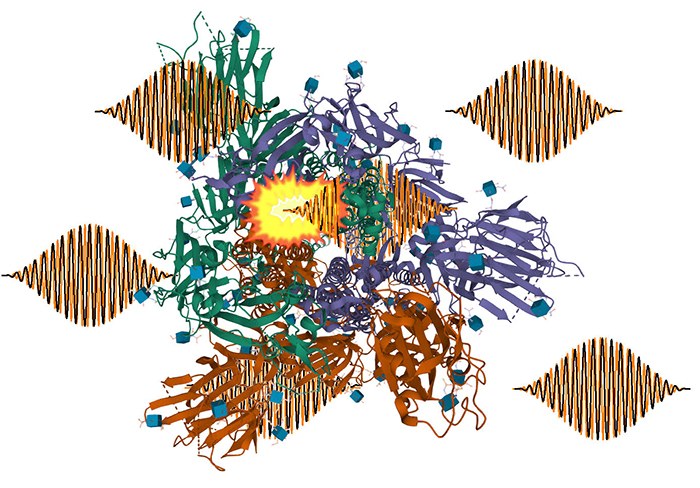Innovative methods for selectively fragmenting molecules with laser X-rays are proposed
Nov 08, 2022
Carles Serrat Jurado, a professor in the Department of Physics at the UPC, has demonstrated in research that the interior of a molecule can be modified locally and selectively by applying hard X-ray lasers. The work has been published in the reference scientific journal 'The Journal of Physical Chemistry'
New technologies that use lasers to send pulses of hard X-rays make it possible to selectively eliminate the active centers of molecules in living organisms, a path that opens the door to future treatments for infectious diseases or cancer, among others. These technologies are tested in Free Electron Lasers (FEL), large scientific infrastructures that allow X-ray pulses to be emitted in molecules. Currently, there are more than twenty FELs in operation in the world and another 20 more in the construction or planning phase.
To make the theoretical results of the research a reality, two pulses of laser light, one with a higher frequency than the other, will be sent to a molecule. The result obtained from the rest of the two frequencies must be equal to the target transition of the molecule. When this happens, the molecule becomes excited, becomes unstable, and generally loses its original function.
If the upcoming experiments at FEL facilities confirm these predictions, they will represent an important advance in the search for possible new treatments against cancer and infectious diseases with radiotherapy, because the radiation will only affect certain molecules, without damaging others body parts.
More information at:
'Resonantly Enhanced Difference-Frequency Generation in the Core X-ray Absorption of Molecules', ‘The Journal of Physical Chemistry’

Share: